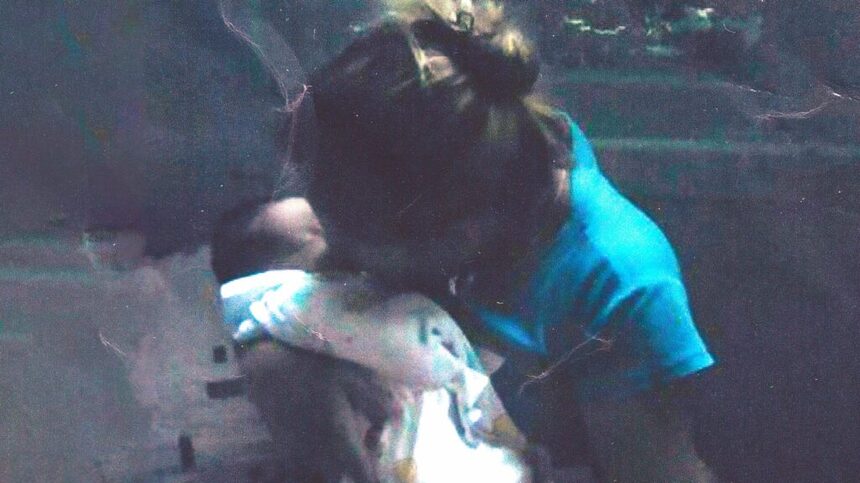Venice 2023 Review: MALQUERIDAS Exposes Motherhood Incarcerated
Director Tana Gilbert juxtaposes personal moments against the stark reality of prison life in her feature-length debut, shot clandestinely in a prison.

Premiered at Venice's International Critics' Week, Tana Gilbert introduced her first documentary feature, Malqueridas, filmed inside a women's prison in Chile.
The film is comprised entirely of footage discreetly captured on cell phones by the inmates. Building on the themes of Claire Simon's Our Body, Gilbert provides a fresh perspective on motherhood within this unique institution, governed by its own distinct rules.
Former inmate Karina Sánchez guides us through motherhood in a correctional facility, narrating over the footage. This exploration reveals a world on the margins of society, presenting a series of narratives from inmates. These stories delve into the challenges of raising an infant in prison and the impending separation mandated by Chilean law once the child reaches the age of two.
Gilbert focuses less on the women's past lives outside the prison and more intently on their current existence within its confines, characterized by strict schedules and myriad constraints. Their days are marked by the countdown of their sentences, anticipation of family calls or visits, and watching their children mature beyond the prison walls. As time progresses, fresh faces arrive, and new relationships emerge.
Gilbert initiates the film with poignant scenes of a mother documenting her child in a prison nursery, apprehensive of the impending separation. Yet, the portrayal of the parent-child bond transcends mere biological ties, illuminating deep human connections. Malqueridas reveals how longer-term inmates often care for their younger counterparts, driven by a maternal instinct.
While some relationships, as testimonies suggest, evolve beyond the platonic, the film underscores a burgeoning sisterhood. Confinement redefines social connections, where solidarity becomes not just a means to counter the isolation within prison walls, but also a beacon to nurture hope, spirit, and resilience.
The covertly-captured footage is grainy, underscoring the challenges and risks of obtaining any visuals without it being confiscated by the guards. Despite the constraints on the material type, the vertically-shot cell-phone footage intensifies the film's claustrophobic ambiance.
The visual narrative primarily captures brighter moments: children at play and inmates in shared camaraderie, brief glimpses of human connection. Contrasting this, the voiceover delves into the grimmer aspects of serving time while having children on the outside, leading to moments fraught with heartache.
Given the constraints of filming within the prison, the footage resembles a personal family album, offering a humanistic glimpse behind closely monitored walls. The voice-over, on the other hand, shares testimonies that oscillate between tenderness and profound anguish. Gilbert assumes a non-judgmental stance, focusing less on the inmates' lives outside the prison.
Malqueridas also explores a deeper, metaphorical dimension, though firmly rooted in reality. The film sheds light on the intricate dynamics of sisterhood and its role in helping women navigate challenges, drawing a poignant parallel to patriarchal systems, whether subtly or overtly misogynistic. The camaraderie among women, whether platonic or otherwise, and its role in bolstering resilience against adversity, is unmistakably at the forefront.
Malqueridas won Mario Serandrei - Hotel Saturnia Prize for Best Technical Contribution and the IWONDERFULL Grand Prize at Settimana Internazionale della Critica during the Venice Film Festival.









